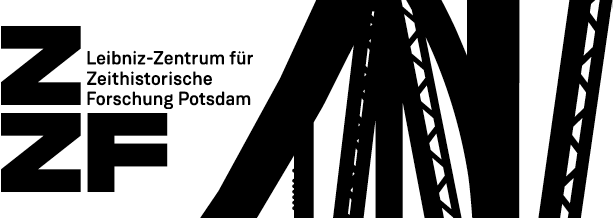Feeding Anxiety: German Food Independence in the Age of Empire
Completed research project (publication forthcoming)
Feeding Anxiety, a book-length study that expands upon my dissertation, traces the ideas and politics of food security through Germany’s late nineteenth and twentieth-century colonial and global entanglements. Based on archival work conducted on three continents, it charts the dizzying variety of plans to bolster agricultural self-sufficiency and shows the historical nature of debates about food supply and population. In the three-quarters of a century between unification and the cataclysm of National Socialist expansion and war, Germans grappled with their position in an increasingly globalized world. Fears about foreign dependency and vulnerability in food provisioning revealed broader existential anxieties about sovereignty, race, and public disorder. Their attempts to manage and control food production and consumption––activities that came to define food security––often exacerbated inequalities and involved violence and resettlement. By treating food security as a moving target, I show that various ways of knowing about food––from chemistry, physiology, agronomy, and economics––existed in tension with one another and provided an evolving toolkit for understanding food, nourishment and population. Ultimately, scientists’ claims to effectively and rationally administer the food supply acted as a crucial pillar for national and imperial security.
In Feeding Anxiety, I examine how German scientists and planners developed an understanding of food security that united previously disparate fields of inquiry. In response to imperial competition and perceived encirclement, they forged plans for agricultural independence. These plans represented a more nuanced response to the world they encountered than later drives for complete economic autarky. My work shows that the ideal of agricultural self-sufficiency took root well before the advent of National Socialism and was promoted by individuals across the political spectrum. I argue that the emergence of food security as a problem for politics and science was not primarily related to conditions of shortage, but rather emerged as a product of anxieties about dependency and knowledge asymmetries in a climate of imperial rivalries.
Dr. Carolyn Taratko
Leibniz-Zentrum für Zeithistorische Forschung Potsdam
Am Neuen Markt 1
14467 Potsdam
Büro: Am Neuen Markt 1, Raum 1.01
Tel.: 0331/28991-78
E-Mail: carolyn.taratko [at] zzf-potsdam.de

